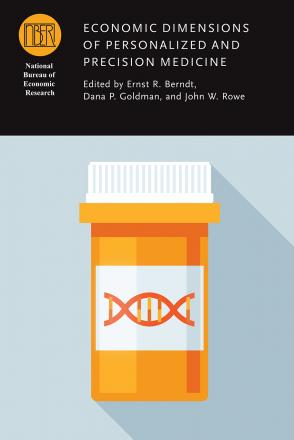Economic Dimensions of Personalized and Precision Medicine

Personalized and precision medicine (PPM)—the targeting of therapies according to an individual’s genetic, environmental, or lifestyle characteristics—is becoming an increasingly important approach in health care treatment and prevention. The advancement of PPM is a challenge in traditional clinical, reimbursement, and regulatory landscapes because it is costly to develop and introduces a wide range of scientific, clinical, ethical, and economic issues. The economic issues include: how information on accurate diagnosis and treatment success will be disseminated and who will bear the cost; changes to physician training to incorporate genetics, probability and statistics, and economic considerations; whether the benefits of PPM will be confined to developed countries or will diffuse to emerging economies with less developed health care systems; the effects of patient heterogeneity on cost-effectiveness analysis; and opportunities for PPM’s growth beyond treatment of acute illness, in particular to prevention and reversal of chronic conditions.


